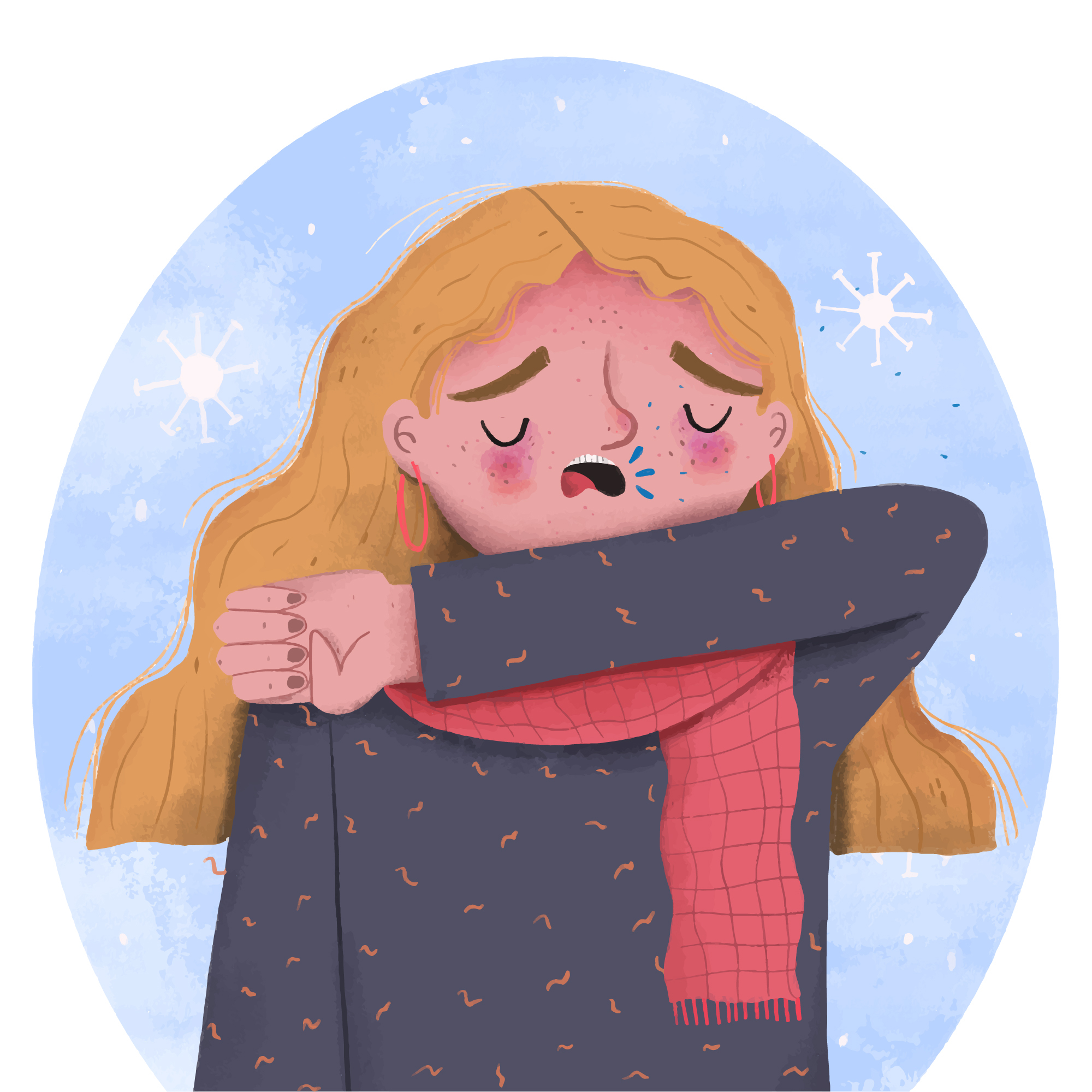
The Role of Hormones in Understanding Frozen Shoulder: Causes and Risk Factors
Introduction
Frozen shoulder, also known as adhesive capsulitis, causes pain and stiffness in the shoulder joint. While its exact cause remains unclear, hormonal imbalances, especially fluctuations in estrogen levels, may contribute to its development.
In this blog, we’ll explore how hormones play a role in the causes and risk factors of frozen shoulder.
What is Frozen Shoulder?
Frozen shoulder occurs when the capsule around the shoulder joint thickens and tightens, restricting movement. Inflammation and stiffness in the shoulder are the key symptoms. Hormonal changes, particularly in estrogen, can cause inflammation and lead to thickening in the joint capsule, making movement difficult.
Hormones and Frozen Shoulder Development
Hormonal Changes
Fluctuations in hormones, particularly estrogen, are significant factors in the development of frozen shoulder. During periods of hormonal imbalance, such as menopause, women experience an increased risk of developing this condition. Estrogen affects the tissues around the shoulder joint, and its decline can lead to inflammation and restricted movement.
Injury or Trauma
Previous shoulder injuries or surgeries can also increase the risk of frozen shoulder. These injuries can disrupt the normal movement of the shoulder, triggering inflammation that may eventually lead to frozen shoulder.
Immobility
If the shoulder joint remains immobile for an extended period, such as after surgery or injury, it may develop frozen shoulder. Lack of movement causes the joint capsule to tighten, leading to a restricted range of motion.
Medical Conditions
Certain medical conditions like diabetes, thyroid disorders, and heart disease can raise the risk of frozen shoulder. These conditions often affect the body’s ability to manage inflammation and contribute to joint stiffness.
Age and Gender
Frozen shoulder is most common in individuals aged 40-60, with women being more likely to develop the condition than men. Hormonal fluctuations during menopause may explain why women face a higher risk.
Preventing and Managing Frozen Shoulder
To manage frozen shoulder effectively, it’s essential to recognize the role of hormones and other contributing factors. Taking proactive steps such as engaging in regular physical activity, avoiding prolonged immobility, and managing hormonal health can help prevent the condition.
Conclusion
While the exact role of hormones in frozen shoulder is still under investigation, hormonal imbalances, particularly in estrogen, likely play a significant part in its development. By understanding the causes and risk factors, you can take steps to prevent or manage frozen shoulder, maintaining better shoulder health and overall well-being.
To seek medical advice, always consult a Doctor. Here are our recommended experts. Click Here
To read more on Frozen shoulder. Click Here


